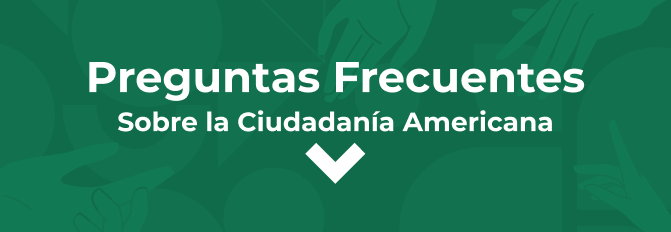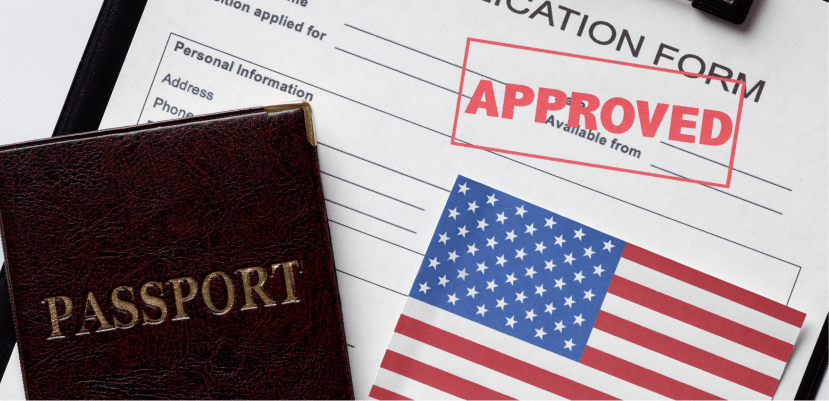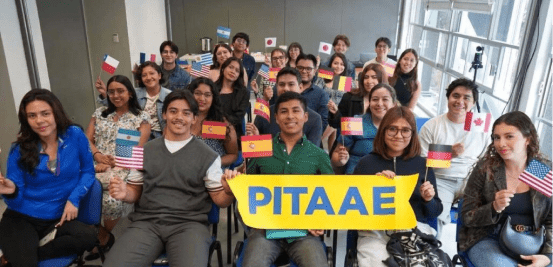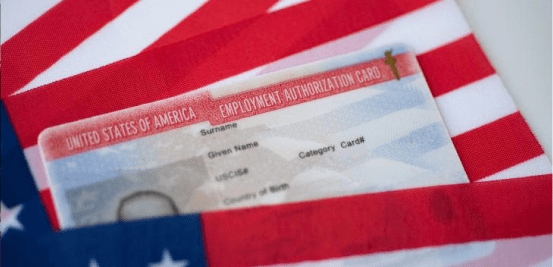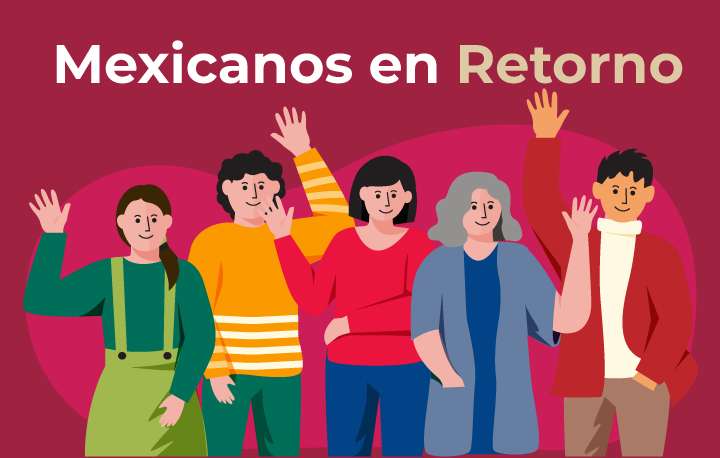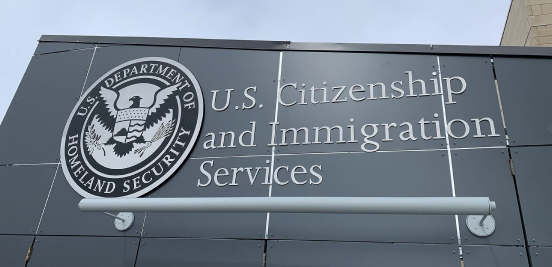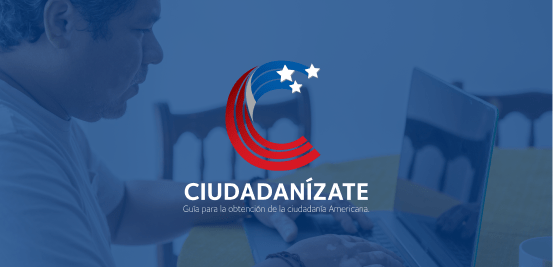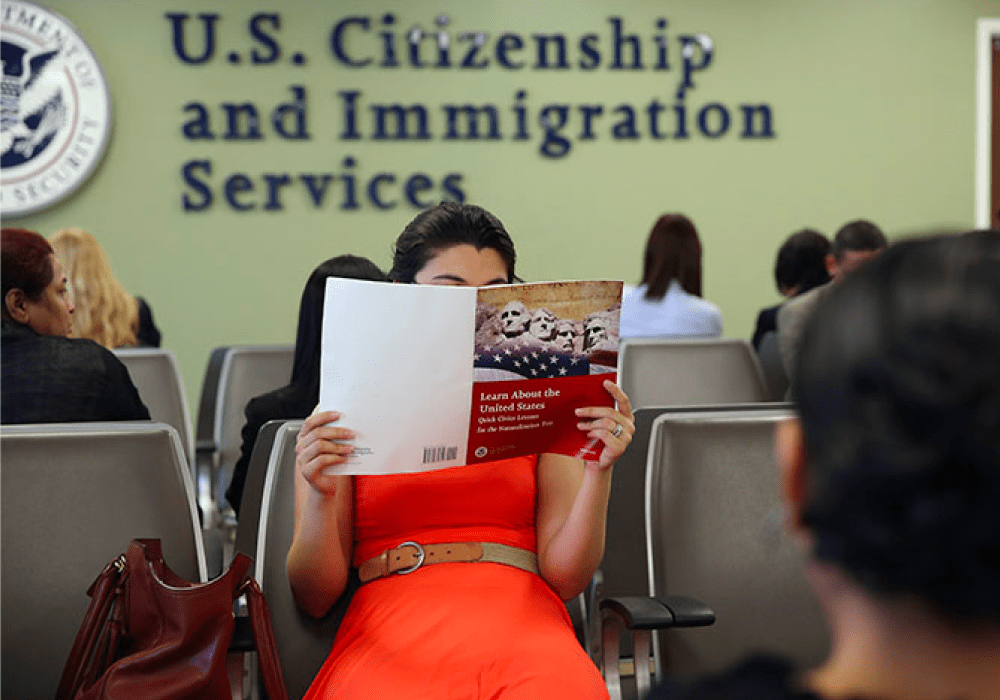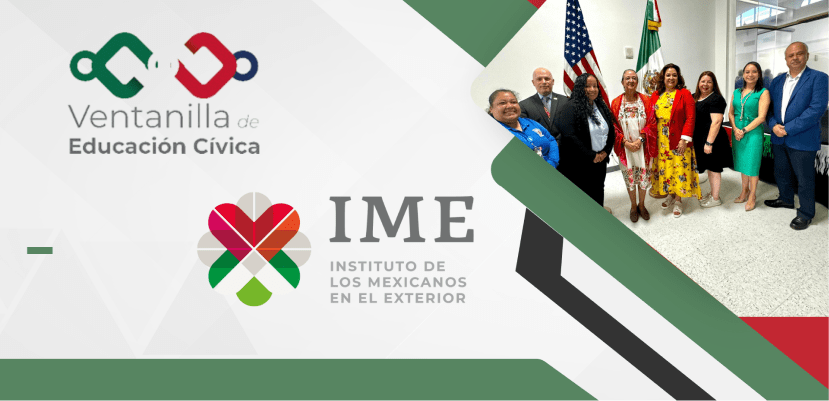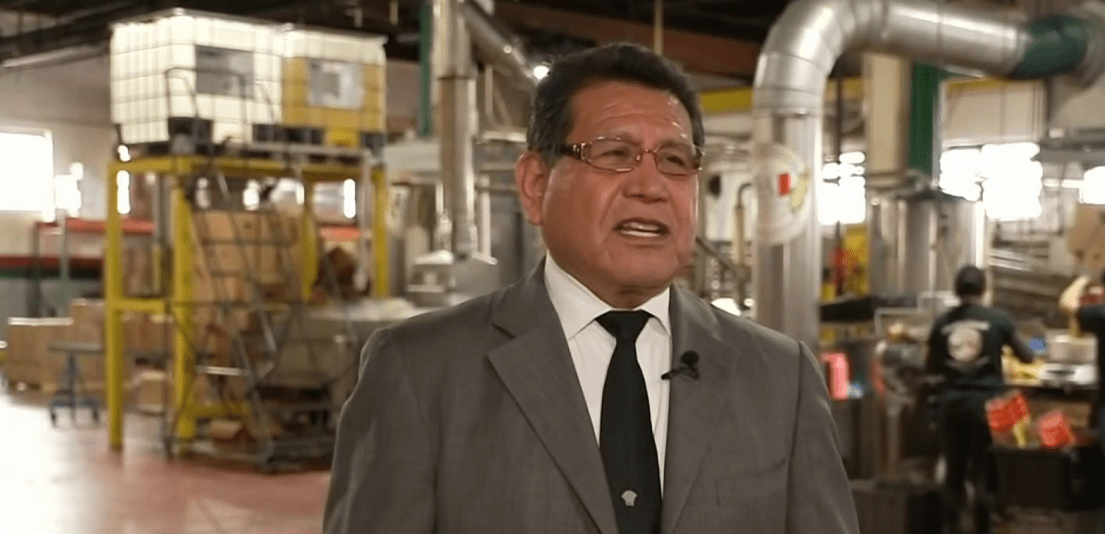The Financial Education Program for Mexican Migrants offers services and programs that provide tools for better financial decision making.
The Institute of Mexicans Abroad (IME), under the concept that financial education and access of Mexicans to banking services are also a task of promotion and consular protection, developed since 2006 a Financial Education Program for Migrants Mexicanos, which in 2012 became a Comprehensive Financial Education Week for Mexicans Abroad.

The IME considers financial education as "the universal and continuous access of the population to diversified, adequate and formal financial services, as well as the possibility of their use according to the needs of users to contribute to their development and well-being."
In this way, the financial education program has approached this specific population with programs and services that provide them with tools for better decision-making regarding planning for the future and the administration of their resources.
The Program is promoted through the Consular Network with the collaboration of various non-profit organizations, banks, credit unions and remittance companies that already offer financial education programs aimed at the Spanish-speaking community.
Three main lines of action are developed:
The realization of specific Information Days on financial education to establish mechanisms for binational collaboration with banks, credit unions, federal agencies and community organizations in order to implement strategies to bring financial education programs to a greater number of Mexicans.
The promotion of Consulate Banking Agreements, through which the representatives of US banks that accept the Consular Registration are allowed access to the consular buildings of Mexico to promote financial education for Mexican migrants through courses, workshops and distribution of Information in spanish.
The promotion of programs and resources on financial education offered by other organizations in the United States and Mexico and that may be useful for Mexicans abroad to provide them with timely information that allows them to open a bank account, send money safely and have access to credit.
This year the IME will take place in the financial education week from June 14 to 21, in the Mexican Country Offices in the US, Canada and Latin America. However, this time with a new name: Week of Comprehensive Financial Education for Mexicans Abroad (SEFIME), which now includes Latin American countries.
In its 9th edition under the slogan "Financial Education without Borders", this activity will offer workshops, trainings, talks, consultancies, among other contents, on financial education issues.

